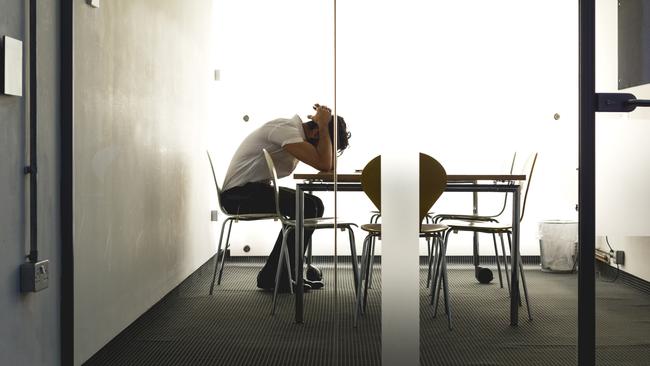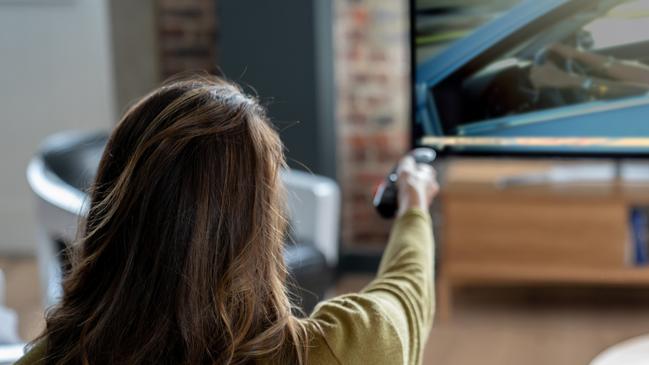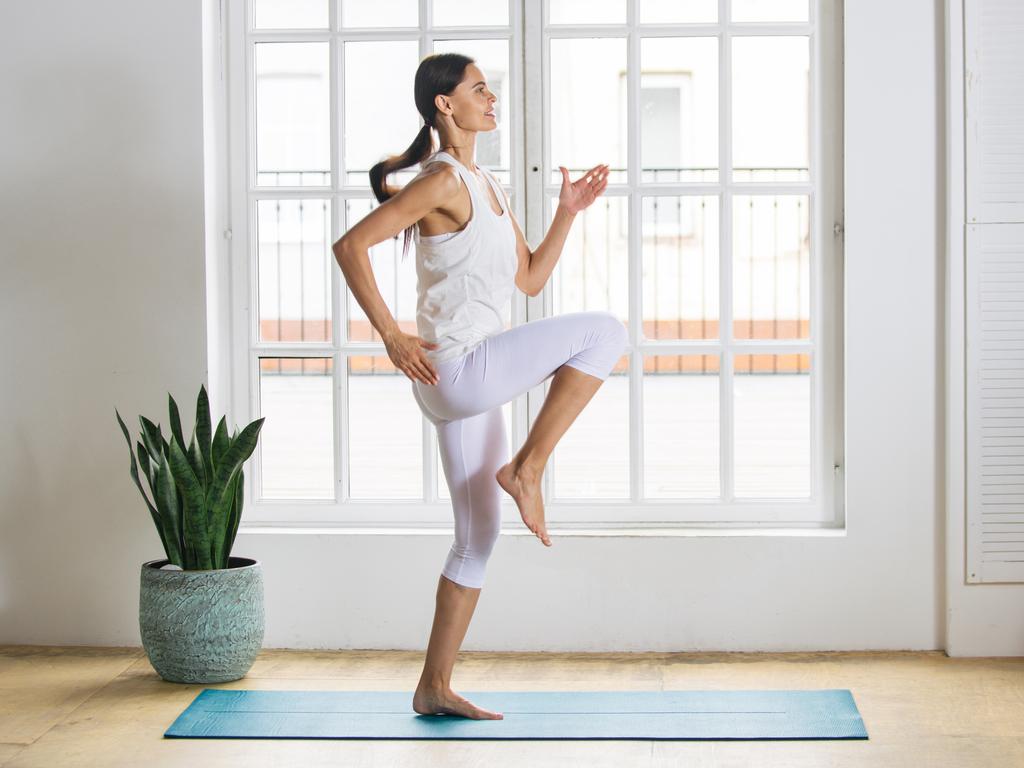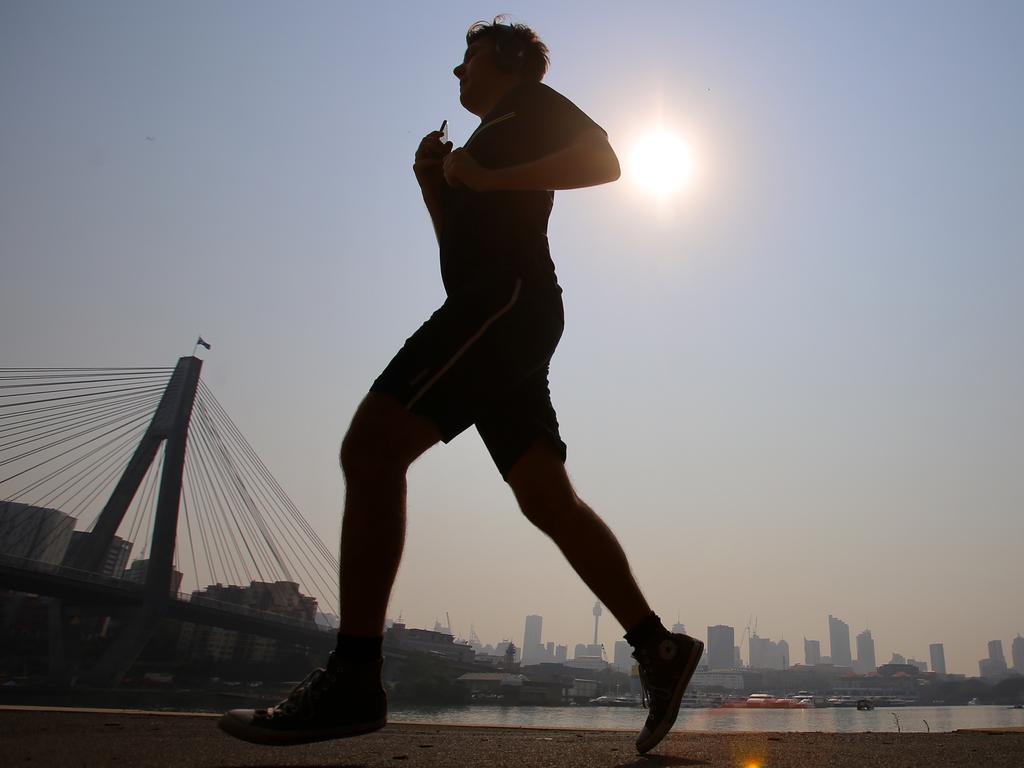Tired all the time? How to get your energy back
You’re getting less done but are constantly worn out. That’s not a coincidence — the pandemic is bad for our energy levels. Here’s a guide to feeling better.

For most of us, lockdown 1 began with gusto. Fuelled by home-baked banana bread, we launched ourselves from couch to 5k and through endless successive Zoom calls in those early months, propelled by an unfamiliar and giddy sense of survival. But look at us now. Who isn’t flat-out fatigued? Weary with everything, we seem to be slowly slumping towards inertia.
The University College London Covid-19 Social Study has been following more than 70,000 Britons over the past 44 weeks. The latest statistics from it reveal that, compared with the first lockdown, two fifths are exercising less and more than a third are less engaged in hobbies such as DIY and gardening.
The report says we’re spending less time volunteering and doing arts and crafts, but more time working - 34 per cent of adults say they are putting in longer hours WFH - and, presumably because we are too tired to do anything else, 20 per cent of respondents are spending more time on the sofa watching television and streaming films.
We have reached a state of peak demotivation, says Julia Faulconbridge, a member of the division of clinical psychology at the British Psychological Society. “This overwhelming feeling of fatigue that people are reporting is very real and a normal reaction to abnormal circumstances that have now been going on for so long.”
“There are several factors at play, including the dark winter months, which negatively affect our mood anyway, but also relationships and friendships being stretched and strained to the limit, the feeling that our lives are on hold and that, through experience, we now realise that there’s no straightforward ending and a return to normality is built on sand.”
All of this has left us exhausted and means that the coping strategies we used when the pandemic started may not be working as well as they did. Here’s what we can do to restore our mojo.
WALK AWAY FROM WORK
It is crucial to fully disconnect from work at the end of the day. And this means doing something that forces you not even to think about work-related issues. In an analysis of 54 studies involving 26,592 participants, researchers showed that those who were able to disengage mentally from work were less fatigued and that those who didn’t experienced higher levels of exhaustion and negative emotions.

“It’s about creating rigid boundaries at points in your day,” says Dr Paul McLaren, a consultant psychiatrist at the Priory Hospital Hayes Grove in Kent. “Be strict with yourself about switching off emails and alerts and distancing yourself from work communications when you finish for the day.”
DON’T JUST SLUMP IN FRONT OF THE TELLY
Research has shown that “low effort’‘ activities such as watching TV are not the best way to unwind after another stressful day at home. Optimal unwinding comes with activities that make you feel relaxed and produce a sense of achievement - yoga, meditation, learning a language, writing or running all tick the box. “If you can engage in something creative or learn something new, it is a great way to boost the kind of focus and motivation we are la
cking at the moment,” Faulconbridge says.

“A sense of progress from learning a skill or craft are key to reversing the impact of stress and anxiety that underpin fatigue.”
GO FOR A 20-MINUTE WALK
Little beats walking when it comes to providing an energy boost. Participants in one study reported lower levels of stress and fatigue when they took just a 15-minute walk during their lunch hour for ten consecutive days. “Our normal lives are structured by regular walking breaks, even if they are just to the station or to get lunch,” McLaren says. “A lack of these can make the day feel longer and add to our tiredness.”
Make it a walk in a park or woodland and there are more benefits because spending time in green space locations - woodlands, forests and parks - have been associated with levels of restoration comparable to visiting the sea. “One of the most energising things you can do on a warm spring day is to get outside to walk in greenery,” McLaren says. “It is hugely uplifting.”
AVOID TOO MUCH REMINISCING
Pandemic fatigue isn’t helped by too much pining for your old life, and yearning for the day when pubs might be able to reopen or parties resume can be counterproductive. “As humans, we naturally like to look forward to events, which has made successive lockdowns all the more challenging,” Faulconbridge says. “But immersing yourself in thoughts about what life was like before Covid-19 can set you on a downward spiral that is energy-sapping.”
Realistically managing your expectations helps. “Think about what will be definitely possible next week and next month rather than pinning your hopes on the return of things that might not happen,” Faulconbridge says. “Focus on small events rather than planning for huge changes in the way we are living.”
AVOID JUNK LIGHT
Dr Steven Gundry, the author of The Energy Paradox: What to Do When Your Get-Up-and-Go Has Got Up and Gone (published by HarperWave on March 18), says that spending too much time under artificial - or junk - light indoors has played havoc with our energy levels.
Gundry describes natural daylight as “the fundamental driver of your circadian rhythm” and says it acts as a cue “for all kinds of energy-making or energy-conserving activities”.
It follows that we should spend as much time absorbing natural daylight as possible, getting outside first thing to reset our inner body clock, but also cut down on exposure to light from screens, particularly in the evening, when it can interfere with the body’s production of the sleep hormone melatonin and interrupt our instinct to rest.
“If you are tired, struggling with sleep and low on mojo, then that all day, all night glow may be partly to blame,” Gundry says. “We are overlit, overstimulated and overstressed. You can’t avoid it entirely, but say no to junk light as much as you can do.”
RESET YOUR EATING ROUTINE
Emotional eating - hitting the biscuit tin, eating when we feel like it - has escalated feelings of fatigue in recent months, McLaren says. “Energy comes from activity, and the less active we are, the more tired we feel. And a lot of people have found themselves on a cycle of doing less exercise and also eating less healthy foods, which means greater levels of sluggishness.”

Creating eating boundaries can help you to regain control. Gundry says not to be too restrictive about what you eat - “the goal here is to improve, not diminish your energy” - and recommends starting with an eating window of 12 hours, then delaying breakfast by an hour to reduce the eating window. “Gradually narrow that window to six to eight hours a day, while leaving a good three hours of not eating before bedtime,” he says. “This gives your body, your mitochondria, your gut and your poor addled brain much-needed time to rest, repair and regenerate.”
The Times







To join the conversation, please log in. Don't have an account? Register
Join the conversation, you are commenting as Logout